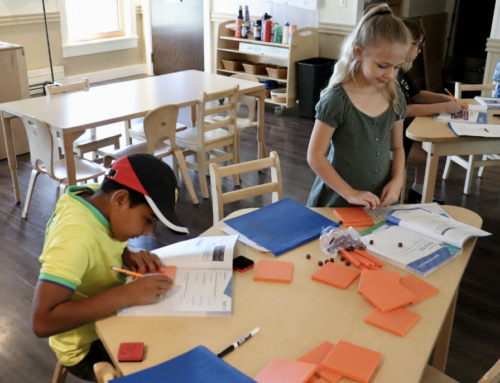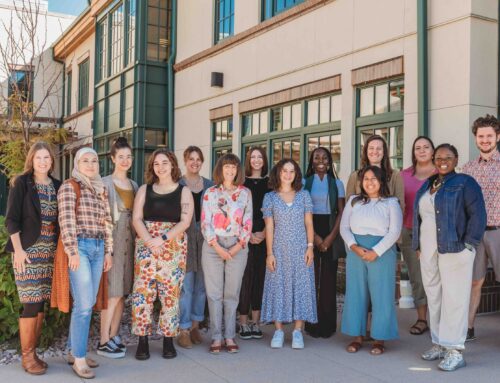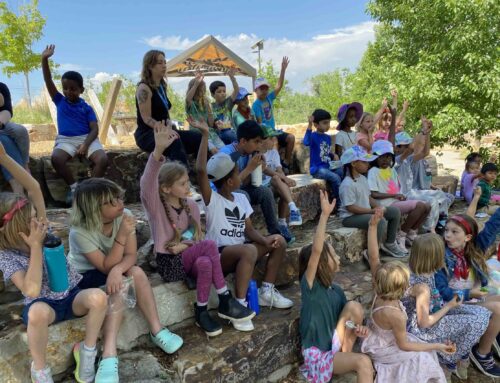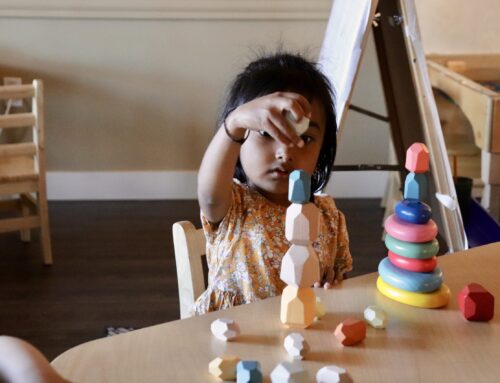As our Inquiry Arcs begin to wrap up this year, attention is shifting to understanding the learning that has been bubbling over the past few months. When I was in primary school, those understandings were codified through standardized tests, report cards, and checklists. Things appeared to my teachers, my family, and me in succinct and lifeless letters handwritten onto a page that my principal personally handed to each individual student. And while I recall the sense of accomplishment that came from straight As, I can’t recall what I would have said about a lot of my own learning.
In Creating Cultures of Thinking Ron Ritchhart points to this problem: “The value of school has traditionally been measured in terms of results—grades on exams, projects, and essays designed by teachers to match the taught curriculum and dutifully record in report cards sent home to parents each term.” Instead of focusing on this proposition, Ritchhart centers his discussion of teaching, learning and thinking on the question: What do you want the children you teach to be like as adults?
I wonder how my primary school teachers would have answered that question. I know that some knew me well enough to give a meaningful answer and others lost me in a sea of students. But the teachers who knew me, the teachers who helped me to understand my learning by giving meaningful feedback and coaching, could have answered that question easily. They also could have a rich conversation with my younger self about my thinking and learning. But despite these rich moments, they were required to distill those complex experiences into a single letter that stood in time.
When I look back now, I see a lack of dynamic assessment and documentation in my public education. But I also recall big moments of projects and play and wonder. That’s what lives in my memory and that’s what has shaped me into the person I am today.
At Compositive, we believe wholeheartedly in the power of documentation and ongoing, authentic assessments as ways of capturing the work of thinking that children do every day. We also believe in listening directly to kiddos when they talk about their own learning experiences. Glued together by the careful narration of our teachers, these elements intertwine to create rich strands of understandings that are meaningful to students, teachers, and families alike.
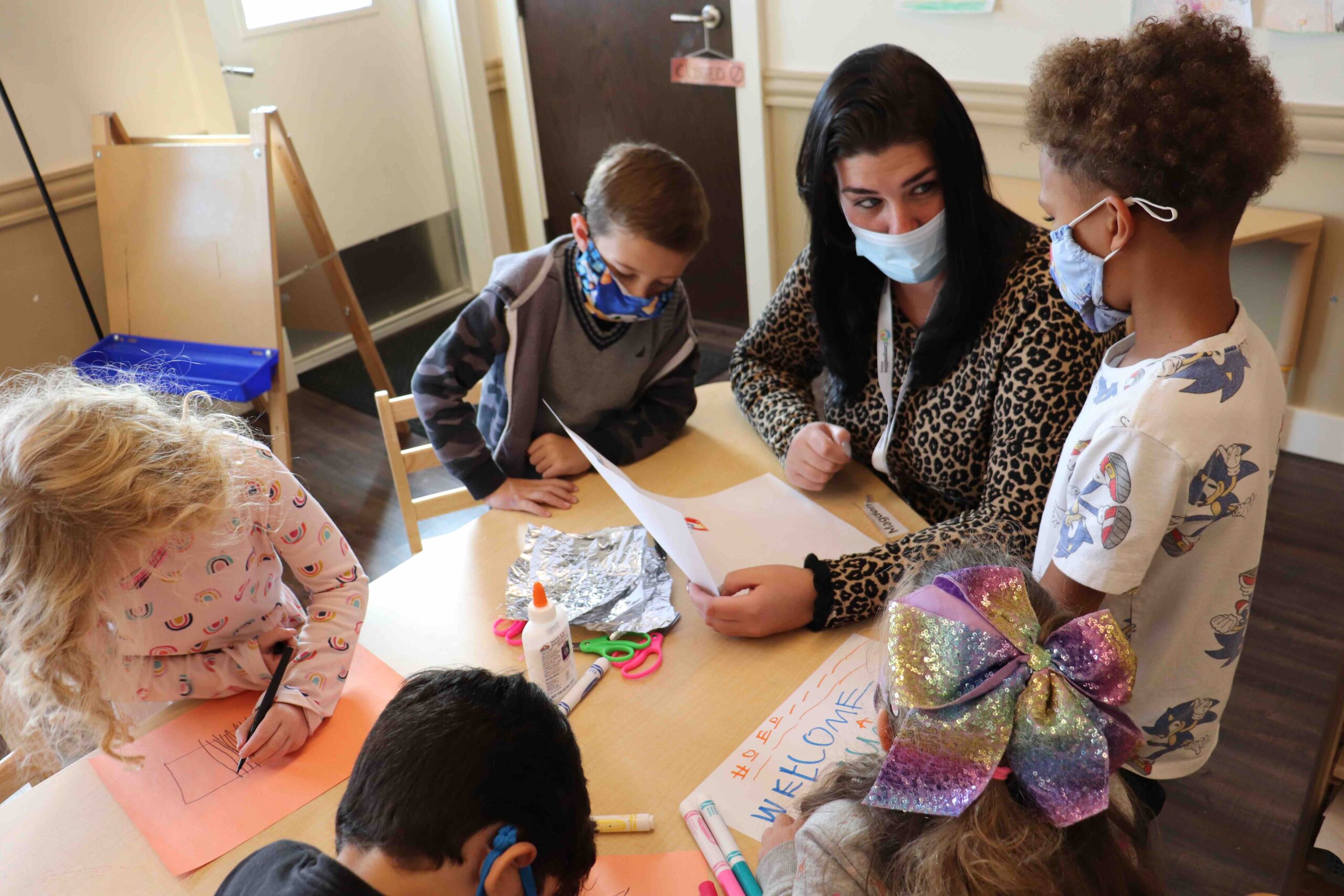
As you explore your kiddo’s portfolio and dive into conversation with their teachers about growth and development and goals and progress, remember to jump into a similar and equally meaningful conversation about all of this with your child. You’ll be modeling curiosity and care through a growth mindset which centers childrens’ voices — that’s what we strive to do every day at Compositive. You’ll also have an opportunity to learn what your child is learning and more importantly to engage closely with how they are thinking about provocations and their own experiences.
This focus on the whole child is more than promotional babble, it’s a goal we have for our whole community every day. It’s a way of being with young people that prizes their agency and accountability. It’s a way of engaging understandings so they become enduring and inspiring for years to come.
As you have these conversations, I invite you to frame them with your answer to the question: What do you want your child to be like as an adult? Are the questions you’re asking today helping them to frame their ways of being in the world? Are they engaging with their learning in ways that will support their growth for years to come? Are you able to listen deeply and prompt their thinking through additional juicy questions and statements?
In having these conversations and working through these thoughts, you’ll be assessing your child’s growth and finding gaps in their understandings. Cheer on their growth. Cheer on their questions. And cheer on your child as they think into the gaps in their understandings. That’s where the work of assessment helps look back into the past and forward into the learning yet to come.

